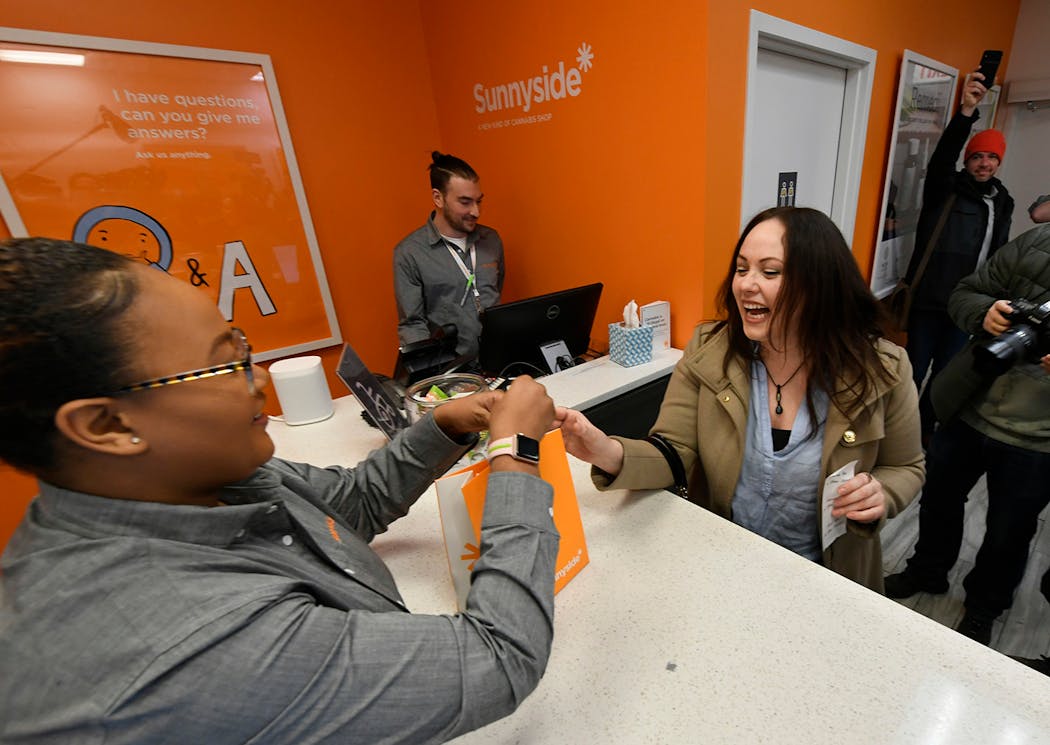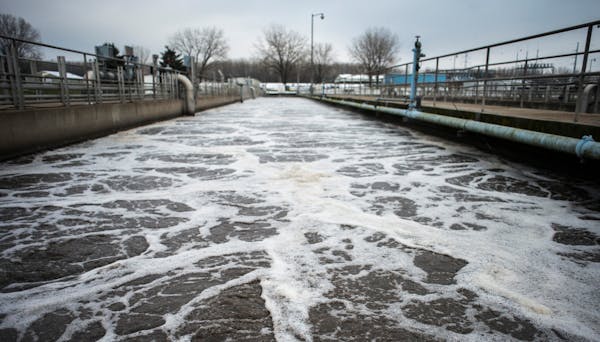Why is recreational marijuana not legal in Minnesota?
Listen and subscribe to our podcast: Via Apple Podcasts | Spotify | Stitcher
A Star Tribune/MPR News poll from earlier this year showed that a majority of Minnesotans support the legalization of recreational marijuana. Still, residents aren't able to legally light up — at least for now.
Public opinion has shifted dramatically in favor of legalization in recent years, and most states now operate a medical marijuana program. Since 2012, 11 states and the District of Columbia have legalized marijuana for recreational use — that includes other Midwestern states like Michigan and Illinois. But not Minnesota. Why is that?
Several readers have turned to Curious Minnesota, our community-driven reporting project, to ask questions about the prospect for recreational marijuana here.
Minnesota state Rep. Ryan Winkler, a Golden Valley Democrat who has long advocated for legalization, pointed to a history of paternalism when it comes to vices as one reason Minnesota has yet to take the plunge on legalization.
"Our politics in Minnesota tend to be more moralistic," Winkler said. "We've got restrictive alcohol laws [and] we don't have tons of legal gambling."
Recreational marijuana remains illegal in Minnesota because the drug is prohibited under federal law, said Judson Bemis, chair of Smart Approaches to Marijuana Minnesota, a group that opposes legalization. As a Schedule I drug, the federal government has not yet approved it for any medical use, Bemis said. However, the Obama administration in 2013 announced it would not challenge state laws legalizing marijuana.
In Minnesota, first-time possession of less than 42.5 grams of marijuana was decriminalized to a petty misdemeanor in 1970, punishable by a $200 fine. But there was no further action until 2014, when then-Gov. Mark Dayton signed into law one of the nation's most restrictive medical programs — allowing pills, oils or topicals to be prescribed for a handful of conditions but prohibiting smokable marijuana. Outside of the medical program, the sale of marijuana remains a felony in Minnesota.
Bemis pointed to Colorado as an example of why he believes marijuana should stay illegal. After legalization in 2013, the state saw an increase in crime, many adults reported heavy usage, and products with higher levels of THC, marijuana's active ingredient, grew in popularity with high school students.
"We believe that this is a dangerous drug," Bemis said.
Nevertheless, Gov. Tim Walz was elected in 2018 after making the legalization of recreational marijuana a plank of his platform.
Even with the support of the governor, the Republicans who currently control the state Senate remain opposed to legal weed. Last year, GOP senators rejected a bill to legalize recreational marijuana.
But Winkler and other supporters resurfaced the issue in May with a bill that would have allowed for the possession and use of marijuana by adults 21 and older. The future of legalization in Minnesota may hinge on the results of the 2020 election, Winkler said.
"If we can beat the Republicans in the Senate, then we can actually pass the bill," Winkler said.
---
If you'd like to submit a Curious Minnesota question, fill out the form below:
Read more Curious Minnesota stories:
Is it true that Minneapolis has a park every six blocks?
If there's a 'Greater Minnesota,' where is 'Lesser Minnesota'?
Why do tiny cities like Lauderdale, Landfall and Falcon Heights exist?
Why is Minnesota more liberal than its neighboring states?
When you flush a toilet in the Twin Cities, where does everything go?
Was Minnesota home to nuclear missiles during the Cold War?
![A flock of wild turkey roamed the streets Tuesday in Northeast Minneapolis. ] ANTHONY SOUFFLE • anthony.souffle@startribune.com A flock of wild turk](https://arc.stimg.co/startribunemedia/HLSANK6GB2OK5Q7TRO22GUUT2E.jpg?w=600&h=600&auto=format%2Ccompress&cs=tinysrgb)



